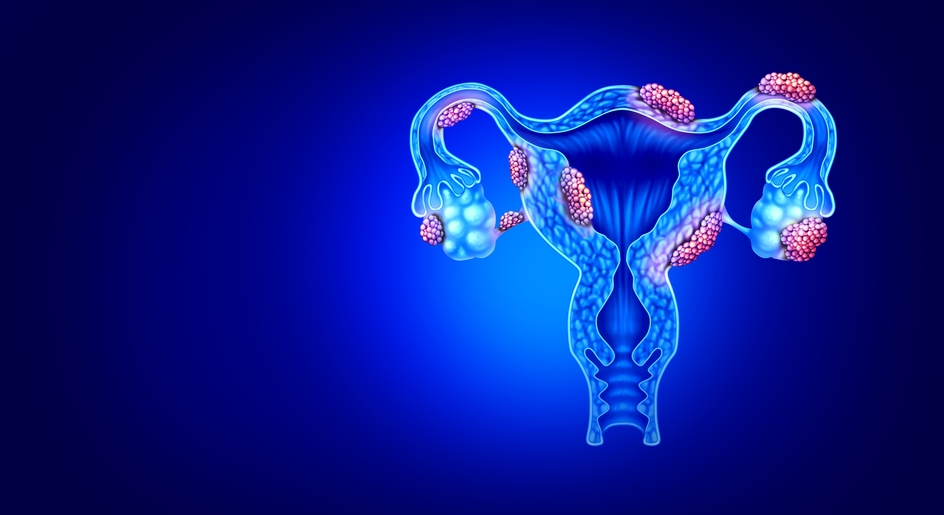Author: Dr. Manisha Tomar MBBS, DNB, DGO
Consultant: Obstetrician & Gynaecologist at Motherhood Hospital, Noida
Introduction
Bringing a new life into the world is a miraculous journey filled with anticipation and excitement. However, it’s also a process that requires careful planning and preparation. Dr. Manisha Tomar, a renowned obstetrician at Motherhood Hospital, is here to guide you through the various aspects of childbirth preparation, from choosing the right childbirth classes to understanding labor stages and options like Cesarean sections and labor induction.
Choosing the Right Childbirth Classes
Childbirth classes play a crucial role in preparing expectant parents for the upcoming birth. Dr. Manisha Tomar emphasizes that it’s essential to choose the right type of childbirth class that suits your needs. Here are some popular options:
Lamaze Classes: Lamaze classes focus on natural childbirth techniques, breathing exercises, and relaxation methods. They are an excellent choice for parents who prefer a drug-free birth experience.
Bradley Method Classes: The Bradley Method emphasizes partner-coached childbirth, promoting natural pain relief techniques, nutrition, and exercise during pregnancy.
Hypnobirthing Classes: Hypnobirthing encourages relaxation and self-hypnosis to manage pain and reduce anxiety during labor.
Online Classes: With the convenience of online classes, you can access childbirth education from the comfort of your home, making them a flexible option for busy schedules.
Creating a Birth Plan
A birth plan is a written document that outlines your preferences and wishes for labor and delivery. Dr. Manisha Tomar recommends discussing your birth plan with your healthcare provider and keeping it flexible, as unexpected situations can arise. Key elements to consider in your birth plan include:
- Pain management preferences, such as epidurals or natural pain relief techniques.
- Labor environment preferences, like dim lighting, music, or aromatherapy.
- Positions for labor and delivery.
- Who you want in the delivery room.
- Preferences regarding fetal monitoring and interventions.
- Understanding Labor Contractions
Labor contractions are the rhythmic tightening and relaxing of the uterine muscles that help push the baby through the birth canal. Dr. Manisha Tomar advises expectant parents to distinguish between true labor contractions and false contractions (Braxton Hicks contractions). True labor contractions become regular, intensify over time, and occur at shorter intervals.
The Three Stages of Labor
Labor consists of three stages:
Stage 1: Early Labor – Contractions become regular but not too intense, and the cervix begins to dilate. This stage can last for several hours.
Stage 2: Active Labor – Contractions become more frequent and intense, leading to the baby’s descent through the birth canal. This stage typically lasts a few hours.
Stage 3: Delivery of the Placenta – After the baby is born, the placenta is delivered, marking the end of labor.
Cesarean Section (C-Section)
In some cases, a Cesarean section may be necessary. Dr. Manisha Tomar explains that a C-section is a surgical procedure in which the baby is delivered through an incision in the abdomen and uterus. Common reasons for a C-section include breech presentation, fetal distress, and complications during labor.
Inducing Labor
Labor induction may be recommended if your healthcare provider determines it’s necessary for your health or your baby’s well-being. Induction involves using medication or other techniques to start contractions artificially. Dr. Manisha Tomar stresses that labor induction should be carefully discussed with your healthcare team to assess the risks and benefits.
Conclusion
Preparing for childbirth is an exciting but complex journey. Dr. Manisha Tomar from Motherhood Hospital advises expectant parents to educate themselves about the various aspects of childbirth, including childbirth classes, birth plans, labor contractions, stages of labor, Cesarean sections, and labor induction. Remember that every birth experience is unique, and it’s essential to work closely with your healthcare provider to make informed decisions that prioritize the health and well-being of both you and your baby.
At Motherhood Hospitals, we have a team of experienced supers specialists backed by the latest infrastructure and facilities. We have the best gynaecologist in Noida. We are experts in handling complex deliveries, gynaecological, and other surgeries including a range of laparoscopic surgeries.
Do take an appointment with the best woman care hospital in Noida at a centre closest to you. Meet with our doctors who will carry out the required investigations, diagnose the issue and recommend the most appropriate treatment, enabling you to lead an active life.
If you wish to get in touch with Dr. Manisha Tomar please book your appointment here.


 Toll Free Number
Toll Free Number
















